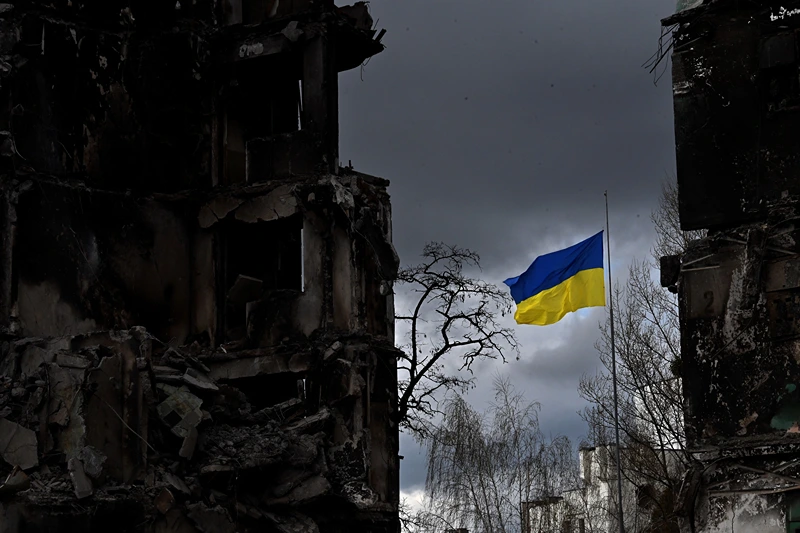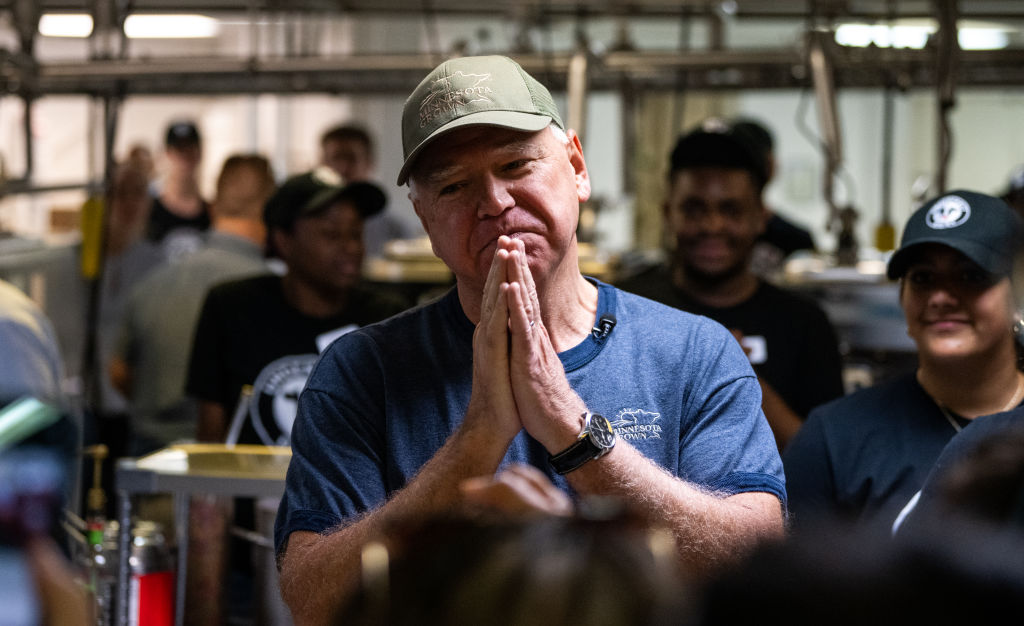
www.dailywire.com
Veterans Who Knew Walz Tear Him Apart: ‘Military Impersonator,’ ‘Habitual Liar,’ ‘Coward,’ And Worse
Four veterans who knew Governor Tim Walz (D-MN) spoke about about his service in the National Guard — and his subsequent claims about that service — during an interview with podcast host Megyn Kelly that was released on Monday.
The four spoke with Kelly about the multiple controversies surrounding Walz’s own characterizations of his 24 years of service, from his claim that he retired without knowing that his unit was set to deploy to Iraq to his repeated statements about “retiring as a Command Sergeant Major,” and they had very few positive things to say about the man now vying for the vice presidency alongside Democratic presidential nominee Kamala Harris.
Tickets for “Am I Racist?” are on sale NOW! Buy here for a theater near you.
In a brief preview of the episode, they could be heard referring to Walz as a “habitual liar,” a “coward,” and “morally indefensible.”
“Morally indefensible…no integrity…habitual liar…I call him a coward, because he is…”
TOMORROW: Veterans who served with Tim Walz in the National Guard speak out together for the first time.@SiriusXM ch. 111 at NoonET, and all platforms after.https://t.co/YJPxz5Gu8d pic.twitter.com/41XeeJzl3P
— The Megyn Kelly Show (@MegynKellyShow) September 1, 2024
One of the four accused Walz of using his exaggerations and embellishments to make it “all about him,” and another simply referred to him as a “military impersonator.”
“He’s a habitual liar, he lies about everything. He lies about stuff that doesn’t make sense,” one said. “You’re taking a piece of their thunder, and you’re trying to capture it and put it in a bottle for yourself, and use that for your own benefit.”
Fear is a reaction. Bravery is a decision,” he said later on in the episode, arguing that at every possible juncture, Walz had made the wrong choice.
WATCH THE TRAILER FOR ‘AM I RACIST?’ — A MATT WALSH COMEDY ON DEI
During one part of the episode, Kelly compiled a series of clips in which Walz either introduced himself as a “retired Command Sergeant Major” — or someone else introduced him as such and he made no move to correct them — in spite of the fact that he only held that rank conditionally and for a brief period not extending to his retirement.
“So he ‘misspoke’ a lot,'” Kelly said as the clips finished playing. “And just so the record’s clear, September 2005, Minnesota National Guard discovered that his paperwork had been filed — was erroneous — saying he was retiring as a Command Sergeant Major, and they updated it to show that he was retiring as an E-8 Master Sergeant.”
Kelly concluded the segment by pointing out the fact that every clip she’d played of Walz claiming to have retired as a Command Sergeant Major had been recorded after September of 2005, when that correction had been made: “He knew he had been demoted.”
Watch the full episode here:















